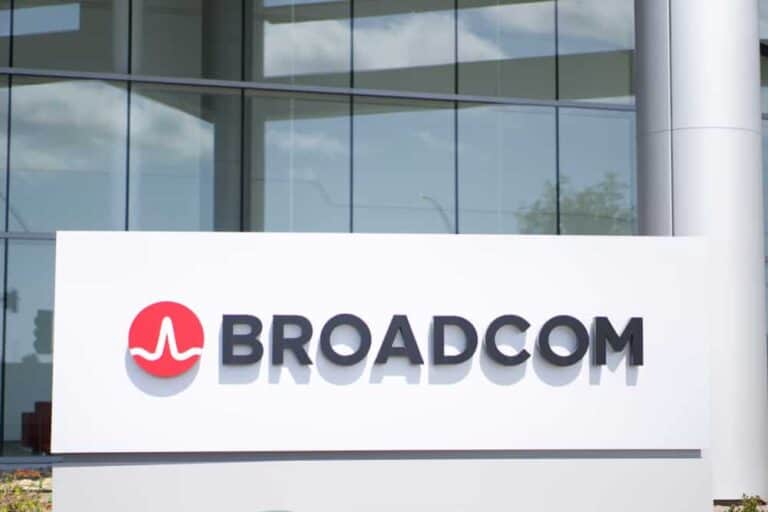Google will continue to purchase so-called Tensor Processing Units (TPUs) for running AI models from Broadcom at least for now. The tech giant confirmed this after rumors indicated that Google would like to reduce its purchase of these particular processors.
According to The Information, Google recently decided to put Broadcom’s long-standing supply of its TPU processors on hold through 2027. The reason for this was said to be a dispute surrounding the price of these specialized AI processors.
Moreover, Google is developing its own TPUs based on processors from Marvell Technology, a major competitor of Broadcom. Completely switching to these self-developed TPUs would save the tech giant many millions of dollars annually.
Cooperation as normal
In a statement to Reuters, Google now indicates that a reduction in Broadcom TPUs is not going to happen anytime soon. According to the tech giant, Broadcom is a long reliable partner and nothing will be changed about the cooperation. Everything will stay as it is. In May of this year, Google reportedly even ordered additional TPUs from the chip manufacturer. This order is said to be worth three billion dollars in sales.
TPU processors
TPUs are used to train AI models and have a so-called MXU processing module as their base. TPUs are particularly capable because circuits of an MXU module provide more than 10,000 “multiply-accumulate operations” per processor clock cycle. Multiply-accumulate operations are calculations that AI models make regularly while processing data.
The other processing operations within the MXU module are provided by so-called vector units and scalar units. Ultimately, these operations in the processor should optimize the processing speed of AI models.
The latest iteration of Google and Broadcom’s joint TPU is the TPU v5e version released last month. Meanwhile, the two partners are reportedly already working on the next generation.
Also read: Google Cloud accelerates AI development with new TPU and VMs
